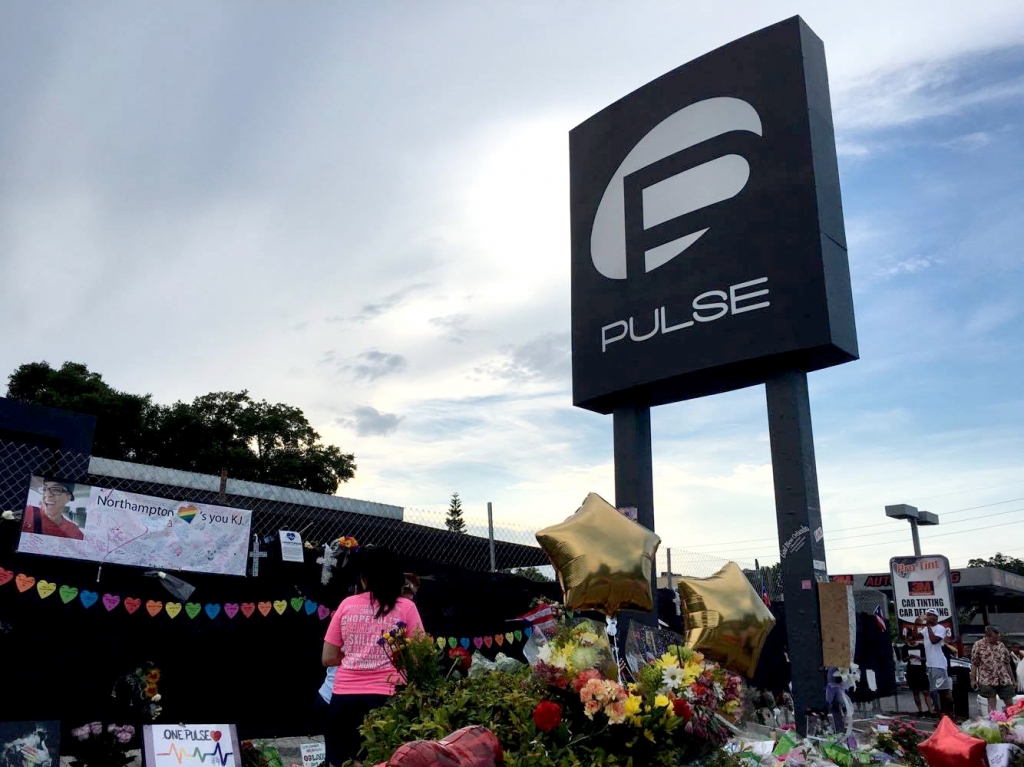-
Tips for becoming a good boxer - November 6, 2020
-
7 expert tips for making your hens night a memorable one - November 6, 2020
-
5 reasons to host your Christmas party on a cruise boat - November 6, 2020
-
What to do when you’re charged with a crime - November 6, 2020
-
Should you get one or multiple dogs? Here’s all you need to know - November 3, 2020
-
A Guide: How to Build Your Very Own Magic Mirror - February 14, 2019
-
Our Top Inspirational Baseball Stars - November 24, 2018
-
Five Tech Tools That Will Help You Turn Your Blog into a Business - November 24, 2018
-
How to Indulge on Vacation without Expanding Your Waist - November 9, 2018
-
5 Strategies for Businesses to Appeal to Today’s Increasingly Mobile-Crazed Customers - November 9, 2018
Orlando hospitals won’t bill victims of Pulse nightclub terror attack
A gunman stormed Pulse and opened fire in the early hours of June 12, an attack that ultimately left 49 people dead.
Advertisement
Orlando Health and Florida Hospital hope to provide some relief to the survivors, and say they will not bill victims of the Pulse nightclub shooting.
“During this very trying time, many organisations, individuals and charities have reached out to Orlando Health to show their support”.
“It was incredible to see how our community came together in the wake of the senseless Pulse shooting”, the hospital’s CEO, Daryl Tol, in a statement.
The hospital listed various sources from which it could pull funding to help pay victims’ medical bills, but even with a list of help, the hospital was set to incur more than $5 million in unreimbursed costs.
At Orlando Health, bills will be sent to health insurers for patients who had coverage, but whatever those policies don’t cover will be absorbed by the hospital chain, said spokeswoman Kena Lewis. Neither they, nor the families of the nine people who died after being brought to hospital, will have to pay their hospital bills.
Pulse massacre survivor Mario Lopez, 34, who was grazed by a bullet and had fragments explode into his left side, told the Orlando Sentinel he welcomes the announcement since he is uninsured.
Of the 53 people injured, 44 were treated at the Orlando Regional Medical Center (ORMC), managed by Orlando Health.
The news about the decision was, of course, received very well by survivors of the deadly attack.
Other resources, Orlando Health said, could include disability insurance, Florida’s crime victim compensation program, Medicaid and charity care provided by Orlando Health.
Advertisement
Florida Hospital, which treated 12 clubgoers, will not bill the victims or their insurance companies for any treatment, according to the newspaper. In an interview last month, Orlando Police Chief John Mina said officials do not know how numerous victims who were alive during the standoff later died in the bathrooms or how many had survivable gunshot wounds.





























